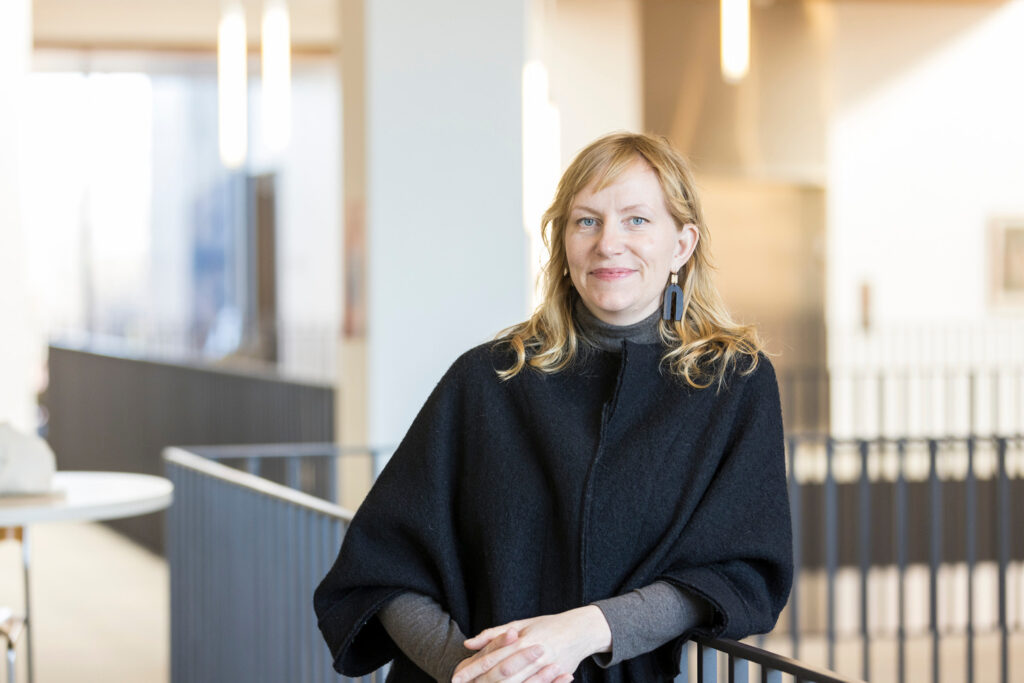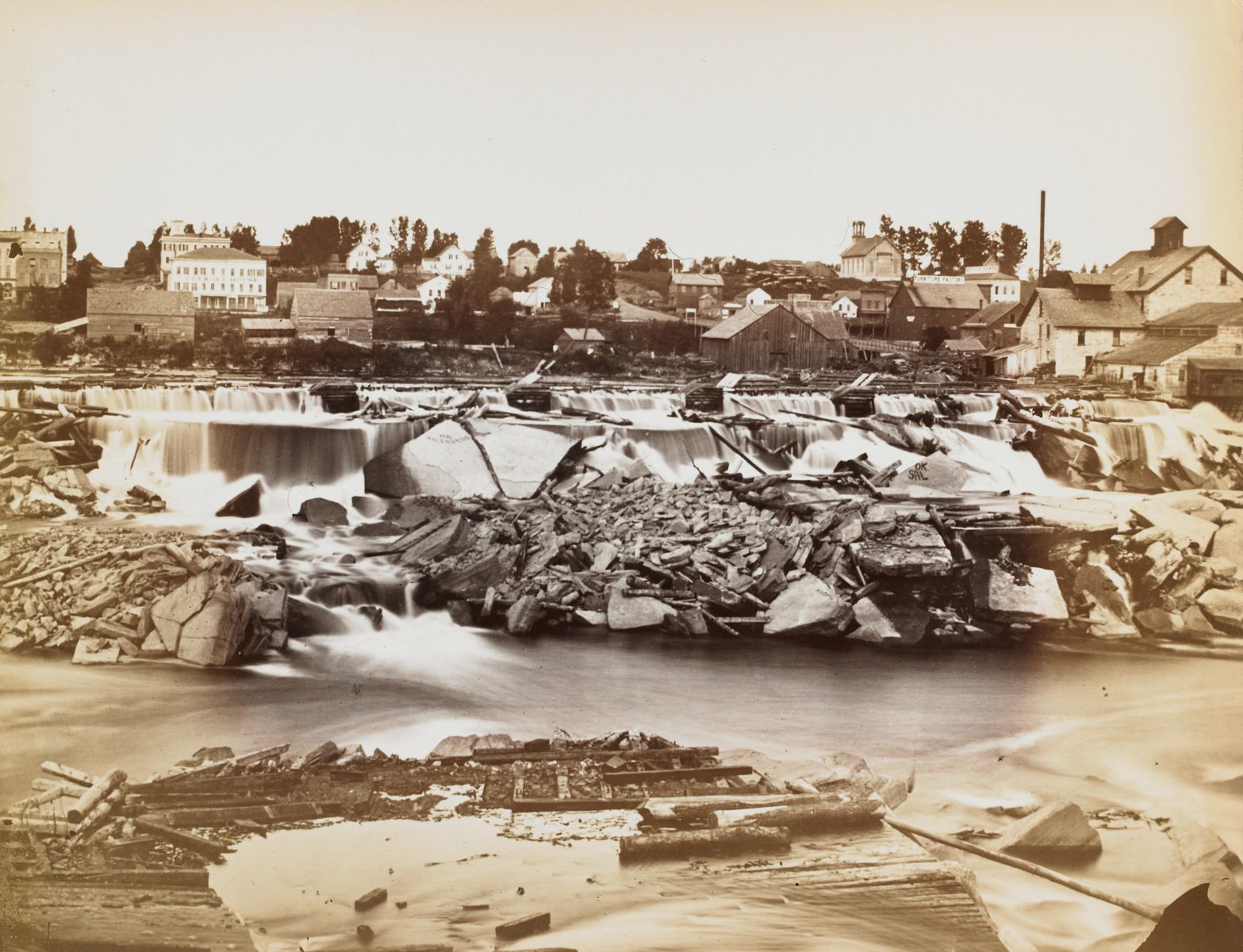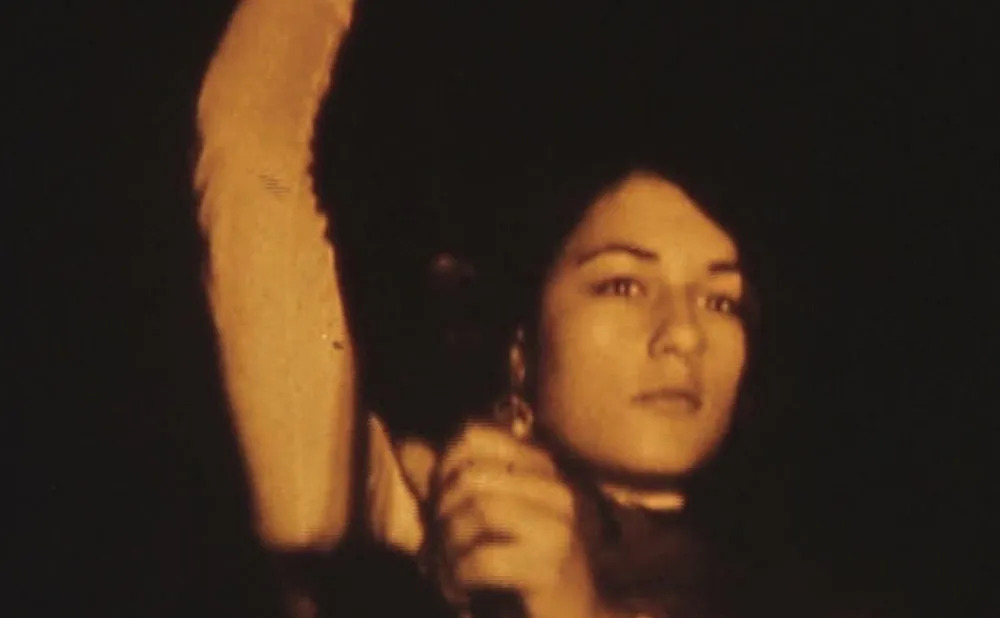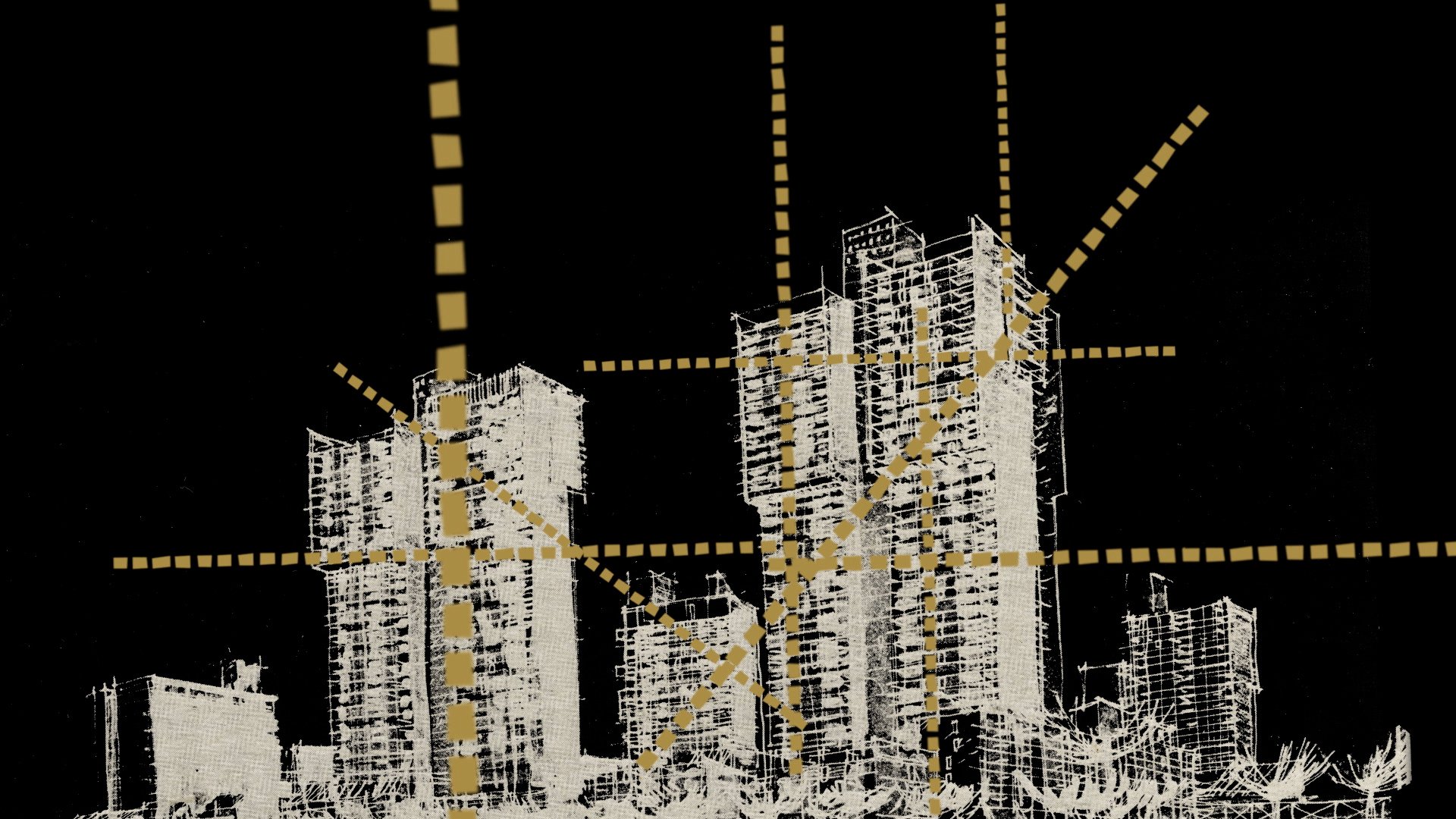KAIGC Faculty Fellow
Contact
Kofi Annan Institute for Global Citizenship (IGC)Markim Hall, Third Floor 651-696-6655
651-696-6750 (fax)
igc@macalester.edu
facebook twitter
KAIGC Faculty Fellow Academic Year 2025-2026
-
Kofi Annan Institute for Global Citizenship and the Provost Office invite applications for a year-long fellowship opportunity in 2025-2026. Tenured faculty, pre-tenure faculty who have completed the third-year review and NTT faculty members are eligible to apply. One faculty fellow will be named each academic year; the fellow will be granted two course releases by the Provost’s Office during the fellowship year. The KAIGC Faculty Fellow is expected to implement a research, creative, or pedagogical project that supports KAIGC’s purpose and priorities, and reflect our values and approaches and Macalester’s Strategic Plan.
Considering the impact of the two course releases on departmental offerings as well as on pre-tenured faculty’s progress towards the tenure review, applicants should consult with their department chairs and obtain a brief statement of support before applying.
Outcomes of the project should include both significant efforts at dissemination of one’s own work and concrete benefits to Macalester and/or our community partners.
Specifically, the KAIGC Faculty Fellow is expected to:
- present at a conference, submit for publication, or share creative work through a
performance or exhibition, acknowledging Macalester KAIGC’s support
- present at a conference, submit for publication, or share creative work through a
- create opportunities to engage with campus and/or community partners around their
project
- create opportunities to engage with campus and/or community partners around their
- participate in the major events hosted by KAIGC such as International Roundtable, and
- be in conversation with KAIGC’s leadership and staff, in order to learn about our work
and be an effective and enthusiastic ambassador for KAIGC around campus and in the
community.
- be in conversation with KAIGC’s leadership and staff, in order to learn about our work
KAIGC looks forward to building sustained relationships with the faculty fellow through a year-long engagement. A 2/1 teaching load is highly recommended so that the fellow maintains an active presence on campus during the fellowship year.
Application process:
- Please submit the following materials to hwilcox@macalester.edu by January 10, 2025
- A statement of interest (3-page maximum)
- A 3-page abbreviated CV that highlights experience relevant to the proposed project
- A brief statement of support from your department chair
- For community-based research – local or global, a brief letter of support from community partners
The applications will be reviewed by a committee composed of members of KAIGC leadership team and the Provost Leadership Team. We expect to notify applicants of our decision by January 31, 2025. Evaluation criteria:
- The proposal succinctly addresses
- Project goals and outcomes
- Background (relevant literature or contextualization)
- Project methods/methodology
- Prior experiences and community/collegial support that demonstrate your ability
to implement the project
- Prior experiences and community/collegial support that demonstrate your ability
- How this project contributes to
- KAIGC’s purpose and priorities, values and approach, and Macalester’s
strategic plan that connects with KAIGC’s work (Click on the link to read
more)
- KAIGC’s purpose and priorities, values and approach, and Macalester’s
- your department’s goals
- your own professional development
- Your plan to engage with KAIGC leadership and staff; opportunities to engage
include
- Your plan to engage with KAIGC leadership and staff; opportunities to engage
- International Roundtable 2025 to be held on October 22-24.
- monthly staff meetings
- KAIGC leadership meetings
- one-on-one meetings with KAIGC deans and associate deans, as well as
directors of Community Engagement Center and Center for Study Away
- one-on-one meetings with KAIGC deans and associate deans, as well as
- other creative ideas are welcome, too!
- Your plan to share research findings or processes (workshops, conversations,
presentations, etc.)
- Your plan to share research findings or processes (workshops, conversations,
- Your plan to disseminate your work beyond Macalester
- Demonstrated support of the applicant’s department
- Demonstrated support from community partners if applicable

Kofi Annan Institute for Global Citizenship proudly announces Professor Morgan Adamson of Media and Cultural Studies to be the 2025-2026 Faculty Fellow.
About Professor Morgan Adamson
Morgan Adamson works at the intersections of non-fiction film and cultural studies. Grounded in archival research and collaboration, her practice animates hidden histories and infrastructures as a form of social engagement situated in place.
A Glimpse Into Her Work
Brutal Utopias (2023)
An essay on the struggle to define social utopia through architecture that traces resistance to urban renewal in the 1970s and its aftermath.Brutal Utopias (2023)
An essay on the struggle to define social utopia through architecture that traces resistance to urban renewal in the 1970s and its aftermath.
After the Industrial River: Essay Collection
Taking as a starting point its concerns with the past infrastructural interventions into the Mississippi River as well those developments still to come, three of Field Station 1’s primary organizers, Morgan Adamson, Bruce Braun, and Roopali Phadke, have commissioned a collection of essays to explore these conditions further. In this introductory text, they foreground the entanglement of social, political and ecological tributaries that comprise the post-industrial river and are considered in the essays that follow.After the Industrial River: Essay Collection
Taking as a starting point its concerns with the past infrastructural interventions into the Mississippi River as well those developments still to come, three of Field Station 1’s primary organizers, Morgan Adamson, Bruce Braun, and Roopali Phadke, have commissioned a collection of essays to explore these conditions further. In this introductory text, they foreground the entanglement of social, political and ecological tributaries that comprise the post-industrial river and are considered in the essays that follow.
Enduring Images: A Future History of New Left Cinema (University of Minnesota Press, 2018)
timely reassessment of political film culture in the 1960s and ’70s, Enduring Images examines international cinematic movements of the New Left in light of sweeping cultural and economic changes of that era. Looking at new forms of cinematic resistance—including detailed readings of particular films, collectives, and movements—Morgan Adamson makes a case for cinema’s centrality to the global New Left.Enduring Images: A Future History of New Left Cinema (University of Minnesota Press, 2018)
timely reassessment of political film culture in the 1960s and ’70s, Enduring Images examines international cinematic movements of the New Left in light of sweeping cultural and economic changes of that era. Looking at new forms of cinematic resistance—including detailed readings of particular films, collectives, and movements—Morgan Adamson makes a case for cinema’s centrality to the global New Left.Her recent award-winning documentary, Brutal Utopias (2023), is an essay on the struggle to define social utopia through architecture. She is the author of a book on political cinema, Enduring Images: A Future History of New Left Cinema (University of Minnesota Press, 2018), in addition to numerous scholarly and popular essays.
Our Mission

During her time as a KAIGC Faculty Fellow, Professor Adamson will engage the Macalester and Twin Cities community in the production of Forever and Forever and Forever, an experimental documentary film that follows communities in the East Metro as they come to terms with their own toxic legacy as the birthplace of forever chemicals.
KAIGC looks forward to collaborating with Professor Adamson, whose work supports our commitment to critical global engagement that acknowledges local/global interconnections, invites reflection on power structures and positionalities, and engages across intersectional differences to impact social change.
